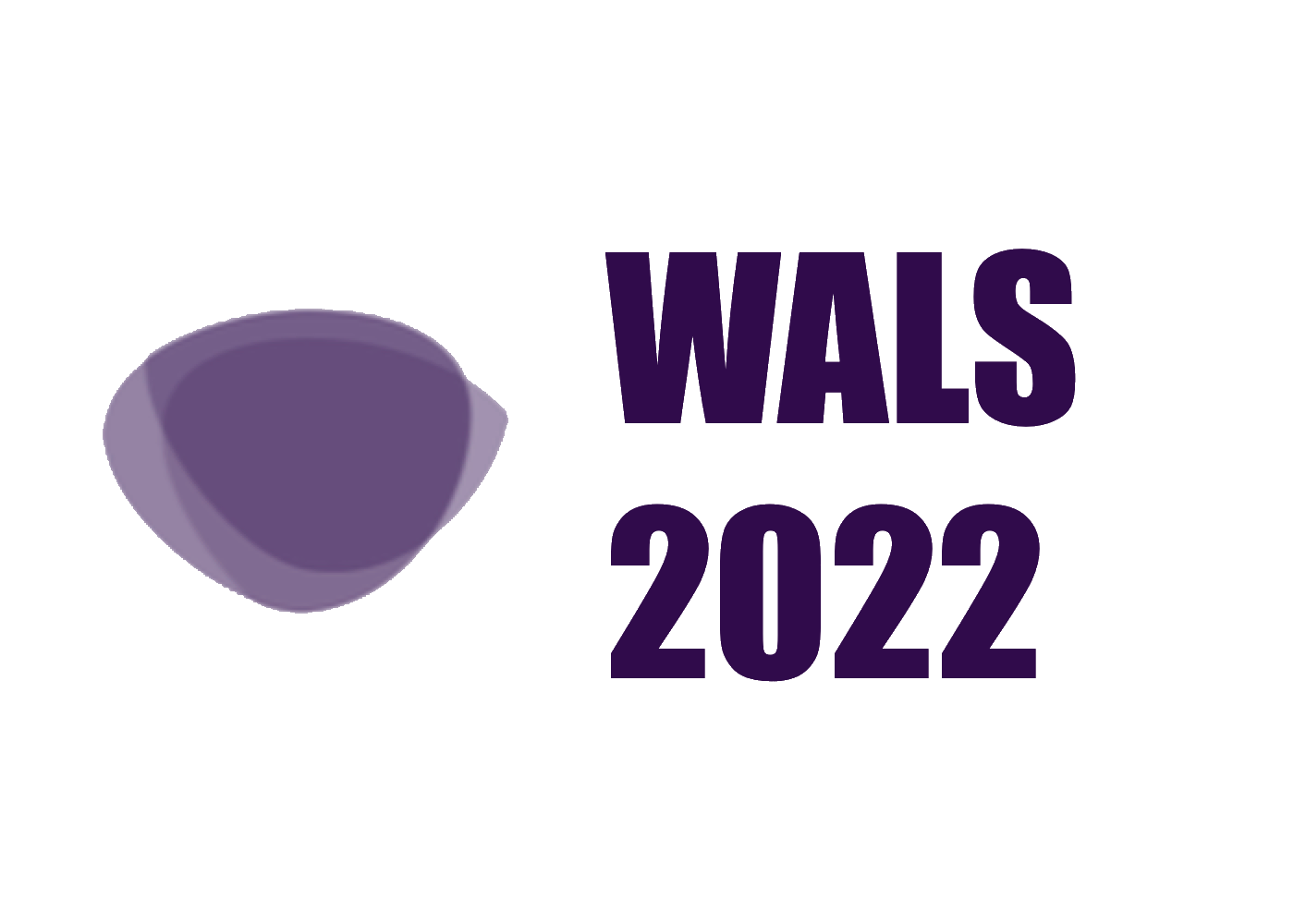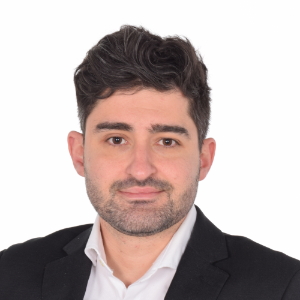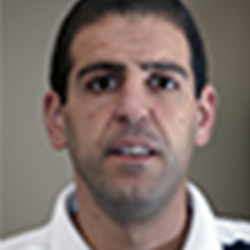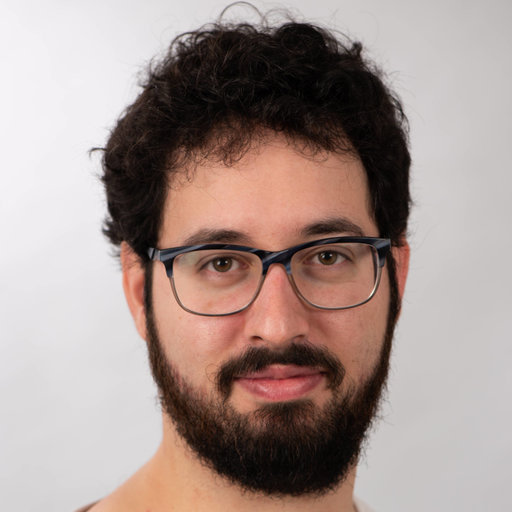The 1st International Workshop
on Web Applications for Life Sciences


The recent advances in unraveling the secrets of human conditions and diseases have encouraged new
paradigms for their diagnosis and treatment. In addition, the COVID-19 pandemic has attracted
increasing attention toward the genetic mechanisms of viruses and infected hosts. The information
related to these phenomena is increasing at unprecedented rates, directly impacting the design and
development of data management pipelines and their applications. New ways of processing and exposing
data and knowledge on the Web in healthcare and life sciences environments are thus strongly needed.
The WALS workshop aims at being an initial meeting forum for Web Engineering, Data Management, and
Bioinformatics researchers working on life sciences problems, offering the opportunity to share,
discuss and find new approaches to support Search, Knowledge Extraction, and Data Science on the
Web, thereby achieving important results for healthcare, precision medicine, biology, genomics, and
virology.
The workshop welcomes submissions of fresh investigations and demonstrations concerning conceptual,
experimental, and applied studies of life sciences problems on the Web. Directions of particular
interest include: 1) monitoring and adaptation of Web Engineering techniques for life sciences; 2)
design and engineering of Web applications for resolving life sciences problems; 3) development of
crowdsourcing and collaborative strategies for life sciences data curation, integration, and
discovery.
The workshop focuses on Web Engineering as a means for facing the challenges that emerge when designing and developing applications for life sciences, focused on several branches such as healthcare, precision medicine, molecular biology, genomics, and virology. The workshop is not restricted to particular research methods, and we will consider conceptual, empirical, and applied research (including practical demonstrations). The topics of interest include, but are not limited to:
The topics of interest include, but are not limited to:
This is the list of accepted papers for WALS 2022:
We invite submissions of high quality papers describing original and unpublished results
regarding any of the workshop’s topics of interest.
Accepted papers will be included in the post-workshop proceedings to appear in Springer's series.
The authors must submit manuscripts using the Springer-Verlag LNCS style for Lecture Notes in
Computer Science.
For style files and details, see the page http://www.springer.de/comp/lncs/authors.html.
The workshop will accept two types of contributions:
Papers must be submitted as PDF files using EasyChair at https://easychair.org/conferences/?conf=wals2022.
To ensure high quality, all papers will be thoroughly peer reviewed by the Program Committee.
Manuscripts not submitted in the LNCS style or having more than 12 pages will be automatically
rejected.
The papers need to be original and not submitted or accepted for publication in any other
workshop, conference, or journal.
For each accepted paper, at least one author must attend the workshop and present the paper.
Registration is subject to the terms and conditions of ICWE.
Contact: anna.bernasconi@polimi.it
The papers accepted to the workshop, will be published within a Springer CCIS series volume
as per the usual tradition of the ICWE conference joint events (see last year's ICWE 2021 Workshops).
In addition, they will be invited to submit a revised and extended version
for a post-conference supplement in the journal
BMC Bioinformatics
or a similar venue (e.g., BMC
Medical Informatics and Decision Making),
depending on the topic.
The authors of accepted papers interested in submitting an extended article to a BMC
supplement will need to fill, sign, scan and submit the supplement submission letter of
interest.
This document is important for us so we can know how many extended articles we will receive.
The authors can read the BMC Bioinformatics guidelines here and the BMC Medical Informatics and
Decision Making guidelines here.
There are no page limits for the BMC journals.
The articles can be submitted on the BMC Supplements website.
The submitted extended articles will go through two review phases.
In the first phase, the organizers of the WALS 2022 workshop will serve as guest editors.
Some additional colleagues might be involved as additional guest editors, in case of high number of
submissions.
At the end of the first review phase, the guest editors will recommend the submitted extended
articles for acceptance or rejection,
and transfer them to the BMC journals' editor-in-chiefs who will take care of the second review
phase.
The BMC editor-in-chiefs can decide to confirm the guest editors' recommendations or to start a new
review phase (with new reviewers invited, new reviews, new requests, etc).
The BMC editor-in-chief will eventually make the final decision on the acceptance or rejection of
each extended manuscript.
Please note that, even if the guest editors suggest the acceptance for a specific paper, the BMC
editor-in-chief can still decide to reject it (this case is quite rare but it can still happen).
The registration for the workshop is open via the ICWE website. At least one of the authors for each accepted paper must have a "Regular Registration" and attend the conference for paper presentation.
Anna Bernasconi obtained her PhD cum laude at Politecnico di Milano, within the “Data-driven Genomic Computing” ERC Awarded project (2016-2021), under the supervision of Professor Stefano Ceri. She is now a postdoctoral researcher in the Department of Electronics, Information, and Bioengineering also at Politecnico di Milano. Her research focuses on conceptual modeling, data integration, semantic web, and biological data analysis. Since the COVID-19 pandemic, her research has moved to viral genomics, by building models, databases, and Web search systems for viral sequences and their variants.

Pietro Pinoli works as Researcher Fellow and lecturer at the Department of Electronics, Information and Bioengineering at the Politecnico di Milano (Italy). He received his PhD cum laude in 2017, with a thesis titled “Modeling and Querying Genomic Data” where he proposed and benchmarked data structures and algorithms to manage, search and elaborate huge collections of genomic datasets, by means of cloud and distributed technologies. He has been visiting PhD candidate at Harvard University (Cambridge, MA, US). His research interests include bioinformatics and computational biology, data bases and data management, big data technology and algorithms, machine learning and natural language processing, and drug repurposing.

Giuseppe Agapito is an assistant professor and a senior research scientist in the field of Parallel and Distributed Computing, Machine Learning, Omics and Biological Networks data Analysis at the University Magna Græcia, of Catanzaro, Italy. His research interests are focused on the study of machine learning methods that can be used to take advantage of the vast amount of data that are produced nowadays. In particular, the research focuses on the development, implementation, and application of computational intelligence techniques for addressing complex real-world problems in different domains, especially in the field of biology and omics sciences.

Luca Nanni works as a Postdoctoral fellow in the Computational Systems Oncology laboratory at University of Lausanne, led by Professor Giovanni Ciriello. He received his PhD cum laude in 2021 in Computer Science and Engineering at Politecnico di Milano, Italy, under the supervision of Professor Stefano Ceri. His work focuses on the modeling of DNA conformation in the three-dimensional space using statistical and algorithmic methodologies, with a specific interest in cancer and aneuploid genomes. His work lies at the intersection of computer science, bioinformatics, computational biology and statistics and big data management.
Raffaele A. Calogero (Dept. of Molecular Biotechnology and Health Sciences, University of Torino).
09:00-09:30
Welcome and introduction to the workshop
09.30-10:30
Raffaele A. Calogero (Keynote talk):
Are web applications fulfilling the needs of life science scientists?
10:30-11:00
BREAK
11:00-11:30
Alberto García, Ana León, Mireia Costa, Oscar Pastor, Daniel González-Ibea, Estela Pérez-Román,
Carles Borredà, Javier Terol, Victoria Ibanez, Francisco R. Tadeo and Manuel Talón:
CitrusGenome: A Bioinformatics Tool to Characterize, Visualize, and Explore Large Citrus Variant
Datasets.
11:30-12:00
Marco Antonio Tangaro, Marica Antonacci, Pietro Mandreoli, Daniele Colombo, Nadina Foggetti,
Giacinto Donvito, Graziano Pesole and Federico Zambelli:
The Laniakea Dashboard and storage encryption components: a foundation for developing on-demand
cloud services for Life Science.
12:00-12:30
Paolo Perlasca, Marco Frasca, Cheick Tidiane Ba, Jessica Gliozzo, Marco Notaro, Mario
Pennacchioni, Giorgio Valentini and Marco Mesiti:
Integration and Visual Analysis of Biomolecular Networks.